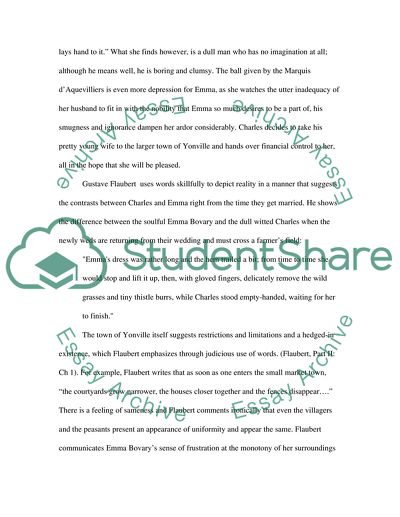Cite this document
(“Analyse the marriage of Charles and Emma in Madame Bovary Essay”, n.d.)
Analyse the marriage of Charles and Emma in Madame Bovary Essay. Retrieved from https://studentshare.org/miscellaneous/1541246-analyse-the-marriage-of-charles-and-emma-in-madame-bovary
Analyse the marriage of Charles and Emma in Madame Bovary Essay. Retrieved from https://studentshare.org/miscellaneous/1541246-analyse-the-marriage-of-charles-and-emma-in-madame-bovary
(Analyse the Marriage of Charles and Emma in Madame Bovary Essay)
Analyse the Marriage of Charles and Emma in Madame Bovary Essay. https://studentshare.org/miscellaneous/1541246-analyse-the-marriage-of-charles-and-emma-in-madame-bovary.
Analyse the Marriage of Charles and Emma in Madame Bovary Essay. https://studentshare.org/miscellaneous/1541246-analyse-the-marriage-of-charles-and-emma-in-madame-bovary.
“Analyse the Marriage of Charles and Emma in Madame Bovary Essay”, n.d. https://studentshare.org/miscellaneous/1541246-analyse-the-marriage-of-charles-and-emma-in-madame-bovary.


